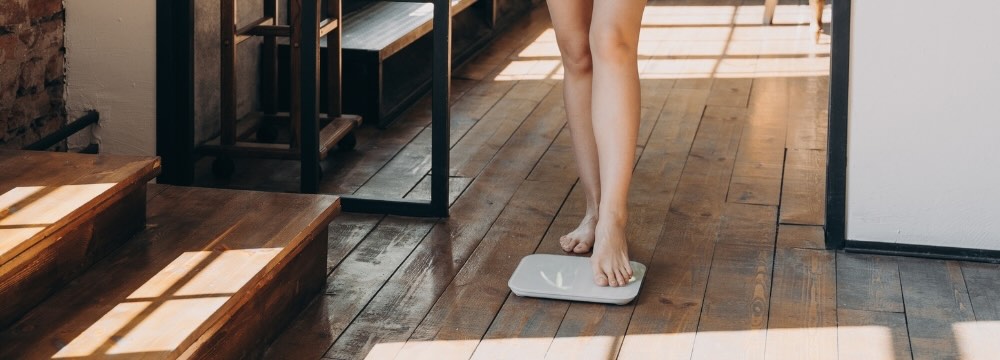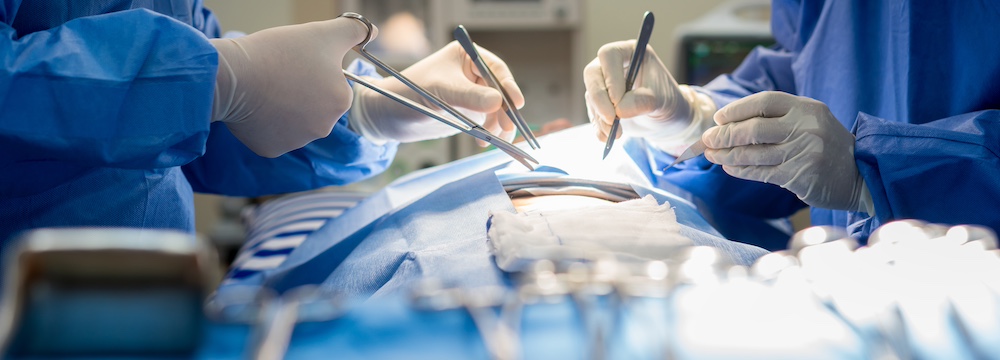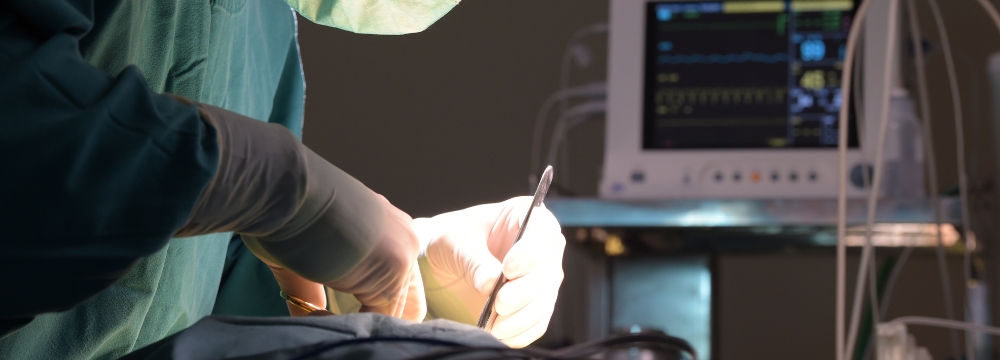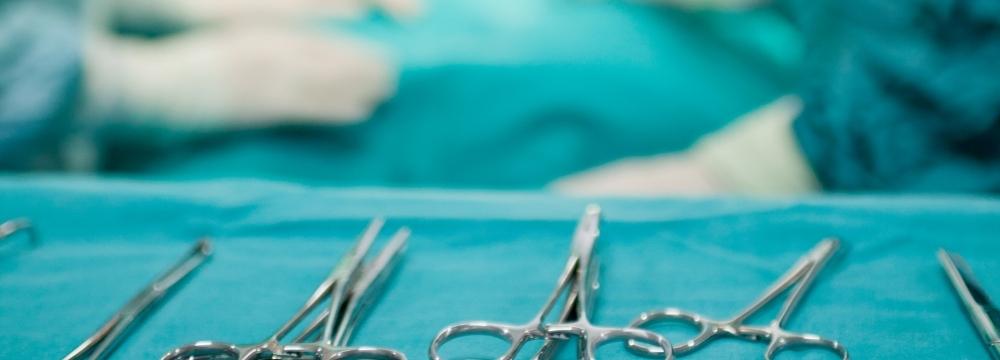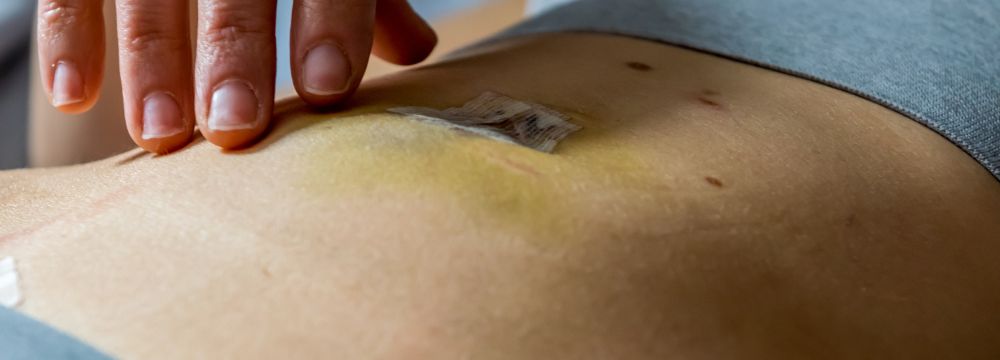Hernia
We know the risk of developing a hernia is greater when abnormal pressure is placed on the abdominal wall. And rarely is more pressure placed on the abdomen than during pregnancy. Indeed, there is a risk of a midline or umbilical hernia developing during this time. It may be harder to notice a hernia when you’re pregnant, but a telltale sign is when a lump near the umbilicus or belly button protrudes more when you cough or sneeze. You may also feel added pressure, a burning sensation, or pain/tenderness in the area.
For pregnant women who develop a hernia, the first step is to visit their OB immediately to be evaluated and establish a plan for monitoring or treating the hernia. However, as a general rule, a hernia during pregnancy is left alone and not repaired surgically due to the added risk of surgery to both mother and unborn child. On the other hand, having a hernia does not, in normal circumstances, cause any danger to the unborn child.
If the hernia repair can wait, which is usually the case, new moms can schedule their surgery for several months after the pregnancy. Some moms also experience laxity in the abdominal muscles from the pressure on the abdomen during pregnancy. Known as diastasis recti, this can be repaired simultaneously through abdominal wall reconstruction.
How Do I Minimize the Effects of a Hernia During Pregnancy?
Living with a hernia during pregnancy is no different than having one at any other time. The main concern at this point would be to reduce any unnecessary pressure on the abdomen so as not to aggravate or enlarge the hernia. If you catch a cold or have allergies that force you to sneeze or cough, you need to support your abdomen, particularly the area of the hernia, with your hands or a pillow. Further, try not to lift heavy objects (which shouldn’t be done during pregnancy anyway) and make sure that you do not strain on the toilet during bowel movements.
Will a Hernia Cause Me to Have a C-Section?
The likelihood of needing a C-section due to a hernia alone is low. However, your OB/GYN will have to make that decision as the pregnancy progresses and they perform their routine tests.
If Not During Pregnancy, When Will the Hernia Be Fixed?
As you likely know, a hernia does not repair itself, and you can do nothing but surgery to fix it. However, the timing of your surgery is critical. We need to balance your recovery needs and the needs of your child with getting the hernia fixed as soon as possible. In almost all cases, we will only perform the surgery within the first three to six months after the birth if there is an absolute need. After that, depending on the size of the hernia and how much it affects your life, we will schedule surgery accordingly. It’s important to know that a recent pregnancy does not increase the overall risk of hernia surgery or outcomes, and surgery remains very safe.


